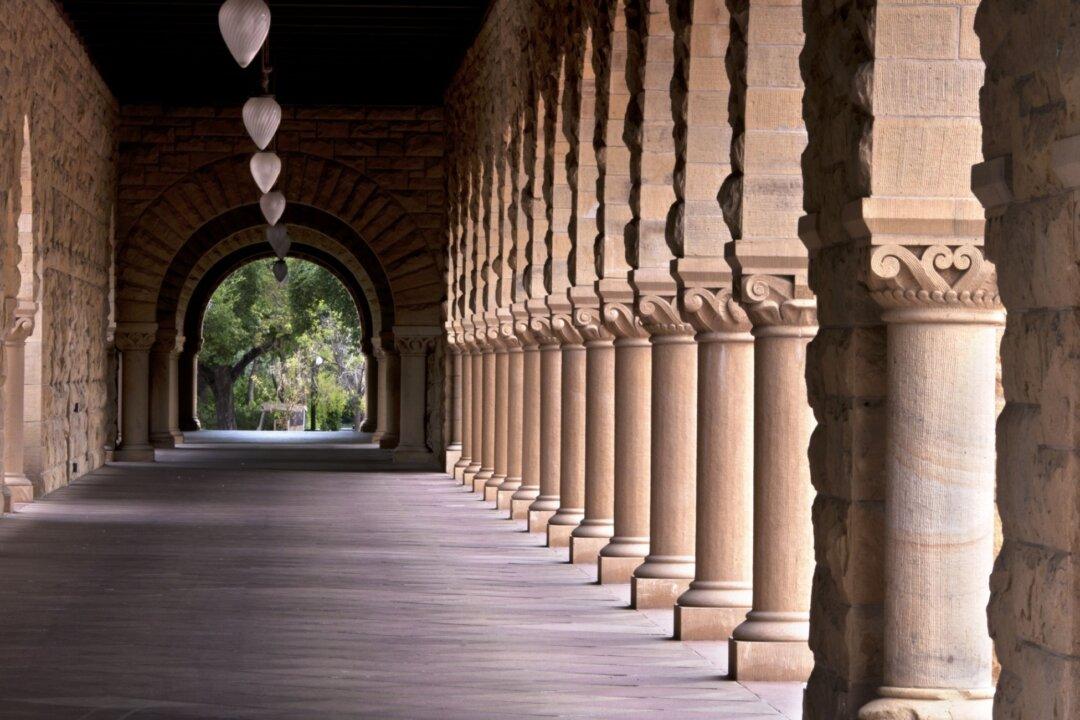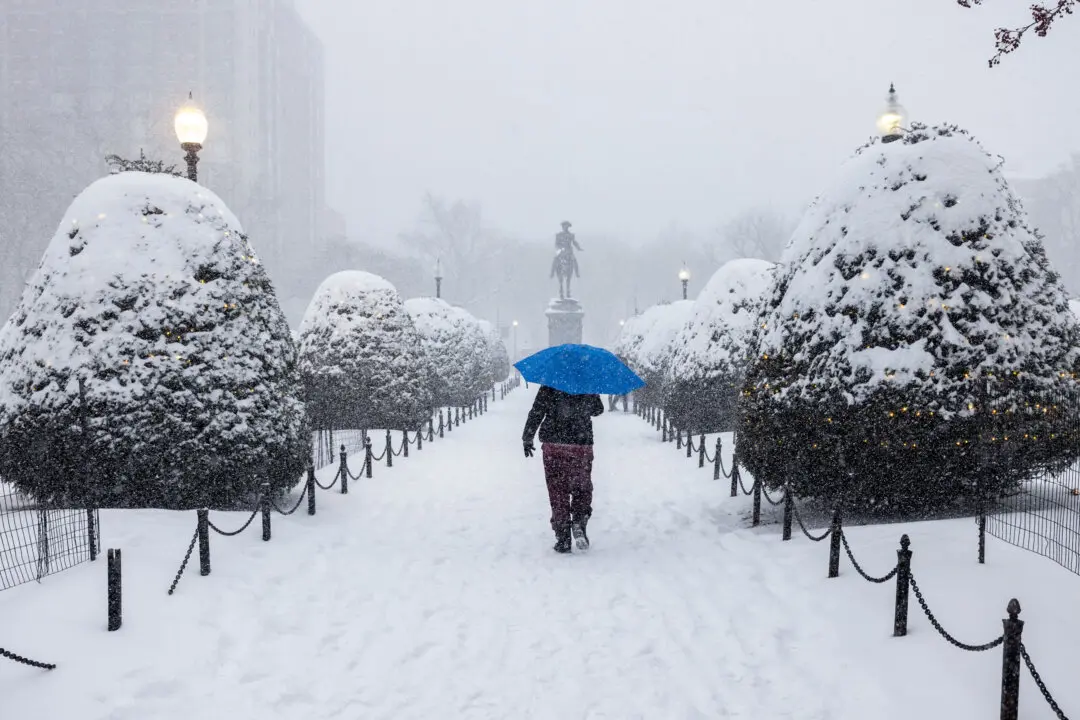Commentary
In the course of my lifetime, a theory has floated around that society is secretly ruled by an intellectual elite ensconced in academia. These elites might seem to be set apart in some ways, attending their own conferences and publishing in their own journals. They obey a hierarchy in their own institutions, by which they get promotions and tenure. They seem set apart.





